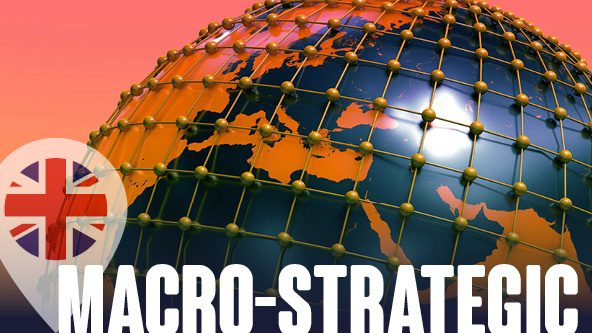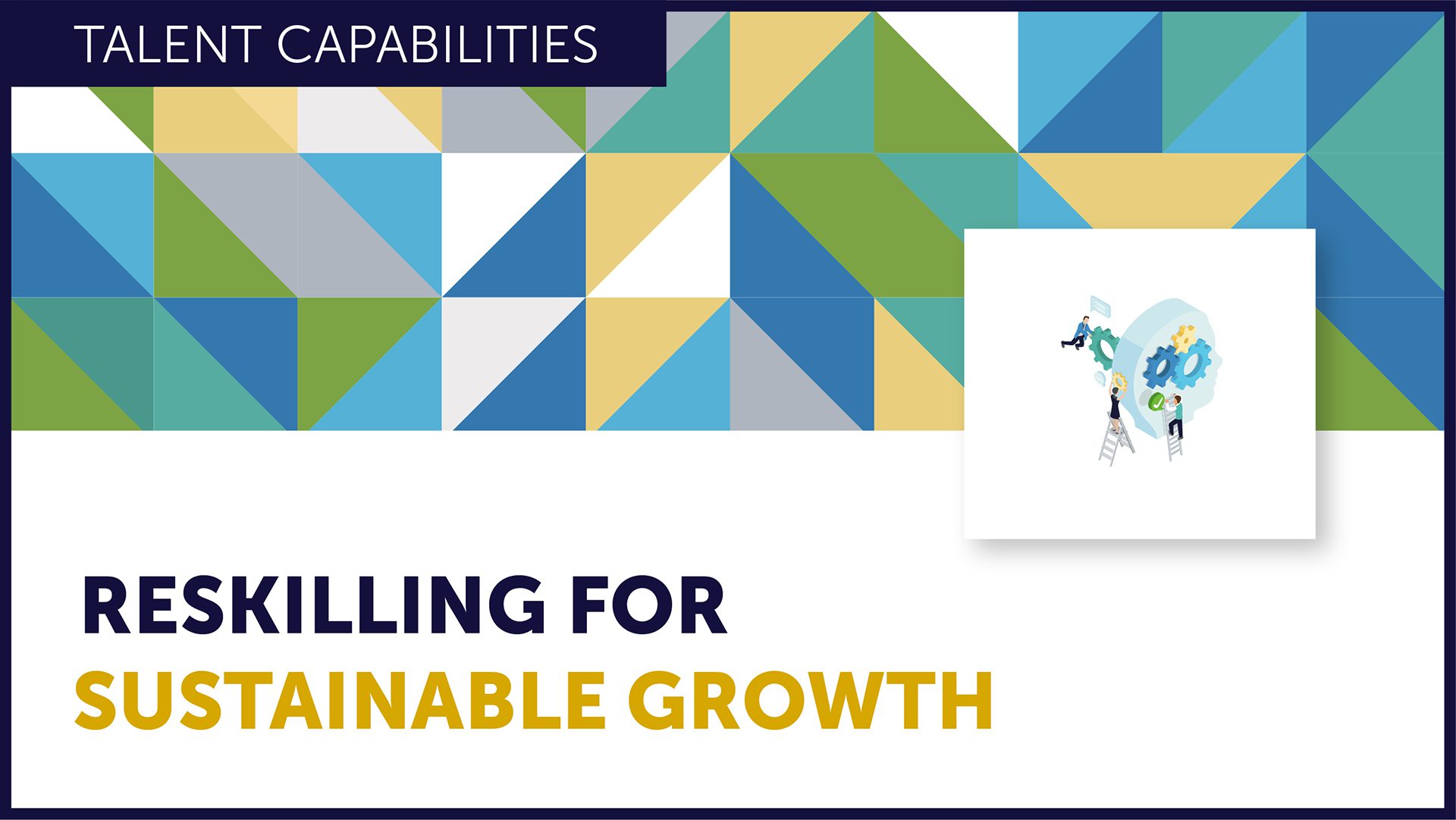Future of Work and People Strategy
Blog: The Future at Work: A Unilever Case Study
What lessons can be learned from their change in strategy?
Nick Dalton, former Executive Vice President of HR at Unilever, attended a CRF Talent, Leadership and Learning Community event and shared several insights into their Future of Work projects.
Unilever found itself facing a paradox: how could it be a purpose-driven organisation, speaking out about sustainability and purpose to investors on a Tuesday, but then on Thursday potentially making thousands of redundancies as the company adapted to technology-driven changes?
They wanted to address this, and thinking eventually aligned around three themes:
- Changing the way they change – the company moved from a more paternalistic to a more adult-to-adult approach, with a focus on involving employees earlier.
- Future-fit planning/lifelong learning – the company sought to align learning, development opportunities and future skills. Key questions included: what are the changes and how do we prepare the workforce well in advance? How do we become more anticipatory and strategic?
- New models of employment – the company asked what new employment contracts would look like. Unilever was clear that it did not want to move into a gig economy model that was fundamentally exploitative; instead, they sought ways to have flexibility with security.
More broadly, Nick shared his thinking on how change management has evolved over time: “we used to have a paternalistic strategy – ‘don’t worry, we’ll look after you’. Then we moved to a power strategy – ‘do as you’re told’. There was then a shift to a process strategy, wherein the emphasis was on following procedures to manage change. This shifted to a transformational strategy – ‘I will share my vision and you will follow me’ – but this strategy inspires little trust when ‘change’ means losing one’s job.”
Putting people in the spotlight
Nick argues that companies are now moving toward a people-centred strategy – starting with the individual rather than the organisation in order to build trust.
Unilever realised this approach by helping its people develop individualised future-fit plans. The step beyond this is more systemic – asking, “how we can work with others in our ecosystem to potentially guarantee people future opportunities. How can we enhance the skills of the community more generally?”
This more systemic approach to change is slowly emerging, but it is proving challenging as it asks leaders to give up control, works councils to adapt, and requires trust in organisations to vastly increase.
Unilever took a two-pronged approach to this dilemma of how to make systems more dynamic than static. The company took a top-down approach of merging future skills with workforce planning and big restructuring projects, looking at job design, and involving employees as early as possible. At the same time, the company took a bottom-up approach.
As Unilever’s Future of Work vision is centred on purpose at all levels, the company put 65,000 of its people through purpose workshops that enabled them to develop personal future-fit plans. The programme gave the company a much better understanding of the motivations and capabilities of its workforce. This approach recognises that the skilling agenda goes beyond Unilever.
It asks: how can you be prepared for jobs anywhere with your skillset?
Aligning with HR
Nick closed the session by highlighting that the future of work agenda has the potential to integrate things in HR.
After all, this is not merely a rebranding of lifelong learning or workforce planning; rather, the reality is that the agenda is about integrating leadership, skills, change management, learning and development, and employee relations. Understanding this as integration is the key to success; without integration, the skills agenda risks ending up as old wine in new bottles.
To find out more about CRF’s research on reskilling, check out our report: Building a Future-Fit Workforce.
UPCOMING CRF CONFERENCE:
Trading in the New
Business Landscape
Featuring Ravin Jesuthasan from Mercer,
delivering The People Challenge





